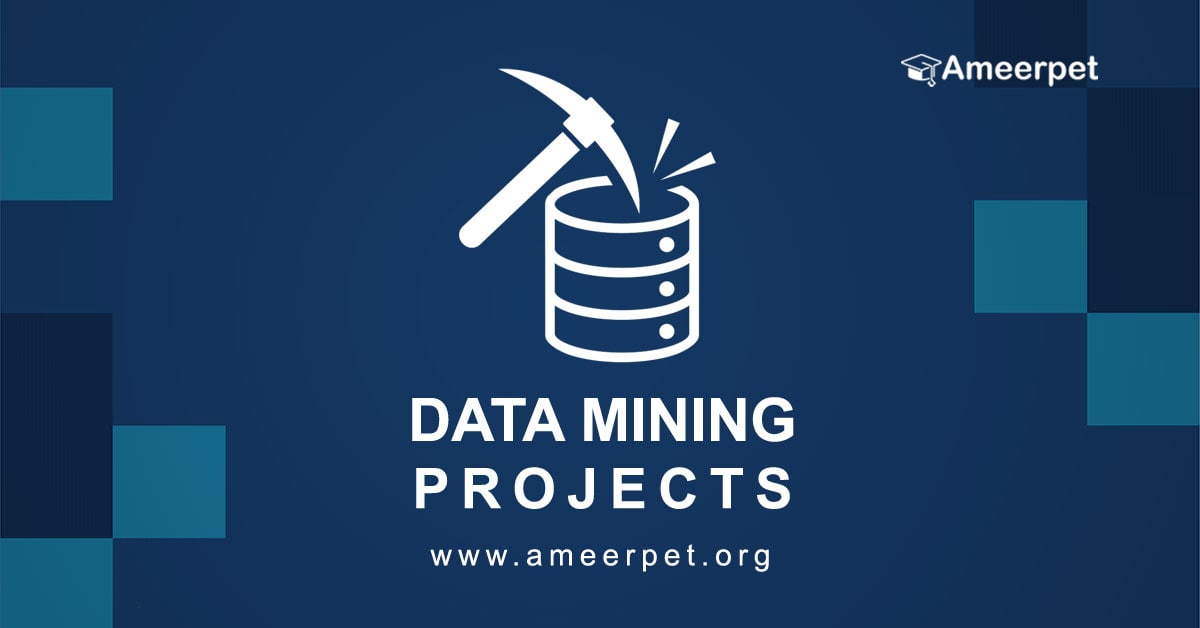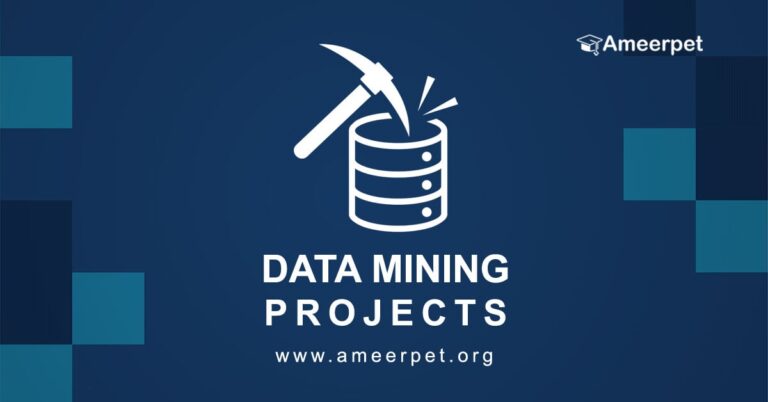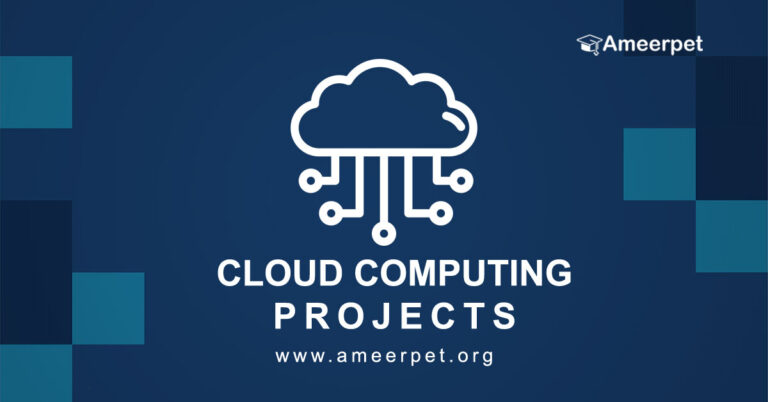
Abstract:
User identification across multiple datasets has many applications, and recent research has increased on this topic. Most existing works identify users with a single input data type, such as (I) identifying a user across multiple social networks with online data and (II) detecting a single user from heterogeneous trajectory datasets with offline data.
This paper proposes an online-offline user identification framework. IP addresses to physical locations connect these two types of data. A novel three-step framework solves this problem. First, we map IP addresses to physical locations using IP address clustering.
Second, we propose a new pairwise index to reduce co-occurrence computation space and time. Finally, we use learning-to-rank to combine the effects of multiple features from the first two steps. We design experiments to show the efficiency (time and space) and precision and recall of our framework compared to other methods.
Note: Please discuss with our team before submitting this abstract to the college. This Abstract or Synopsis varies based on student project requirements.
Did you like this final year project?
To download this project Code with thesis report and project training... Click Here


